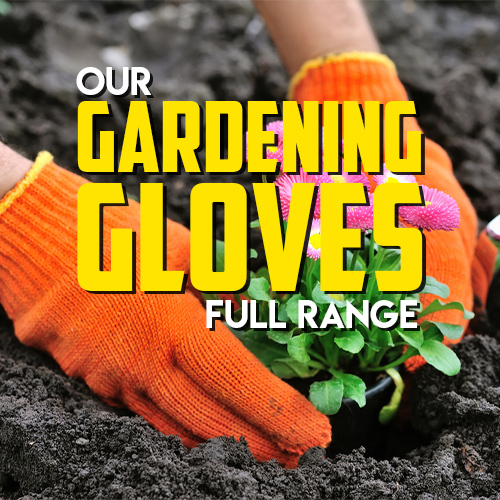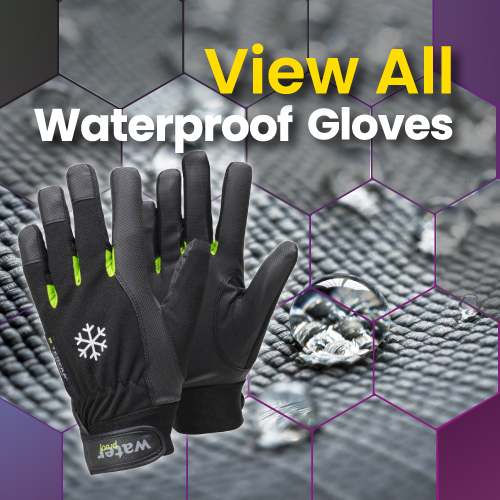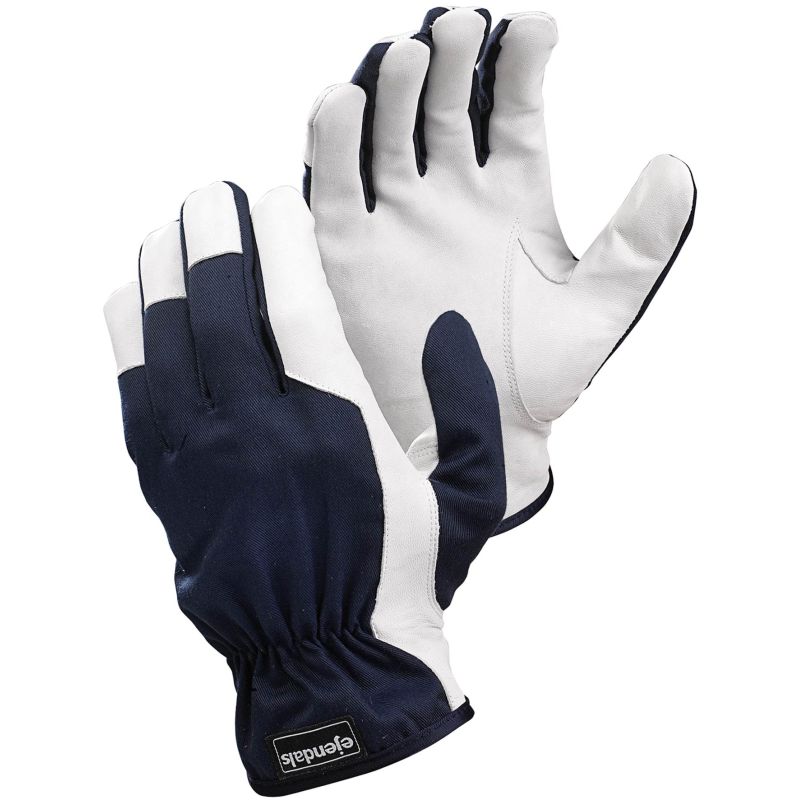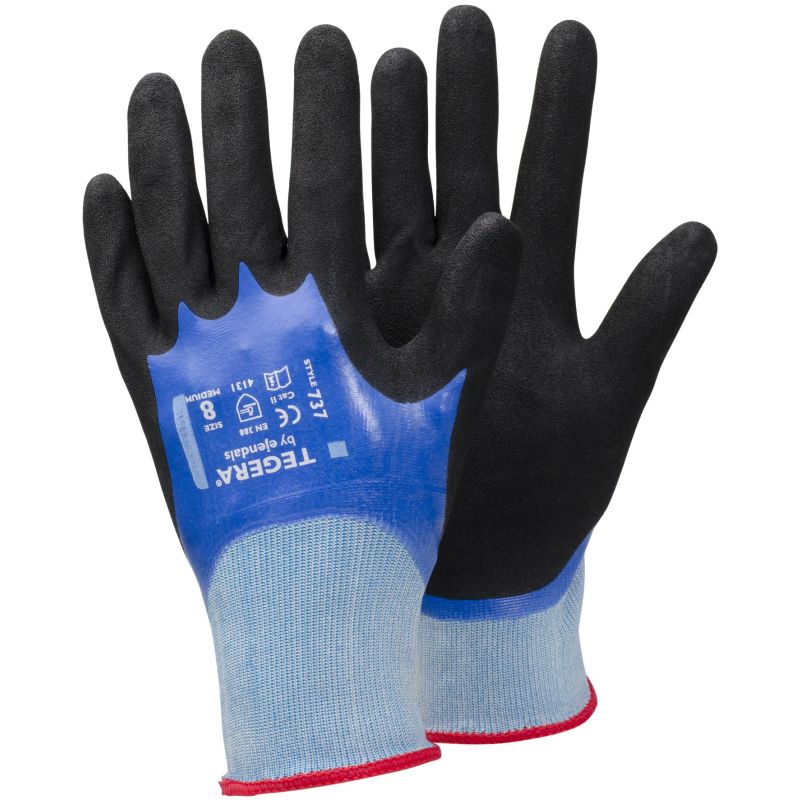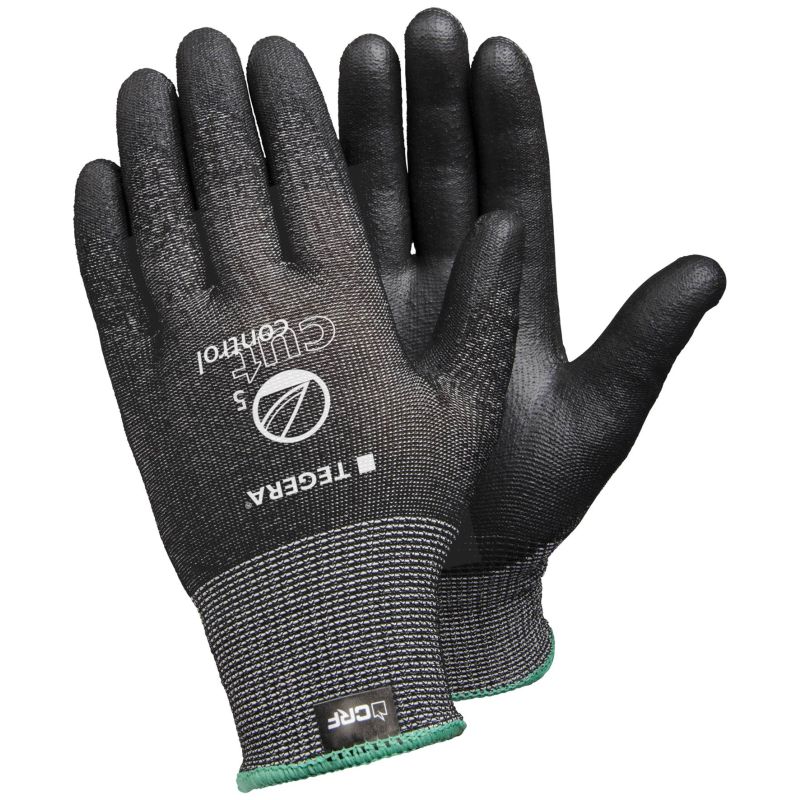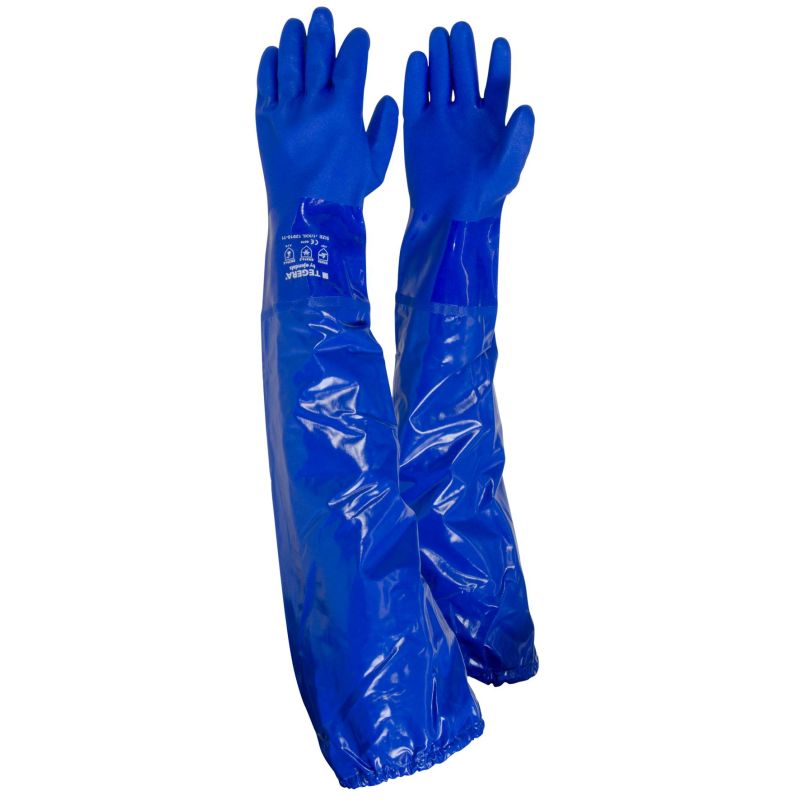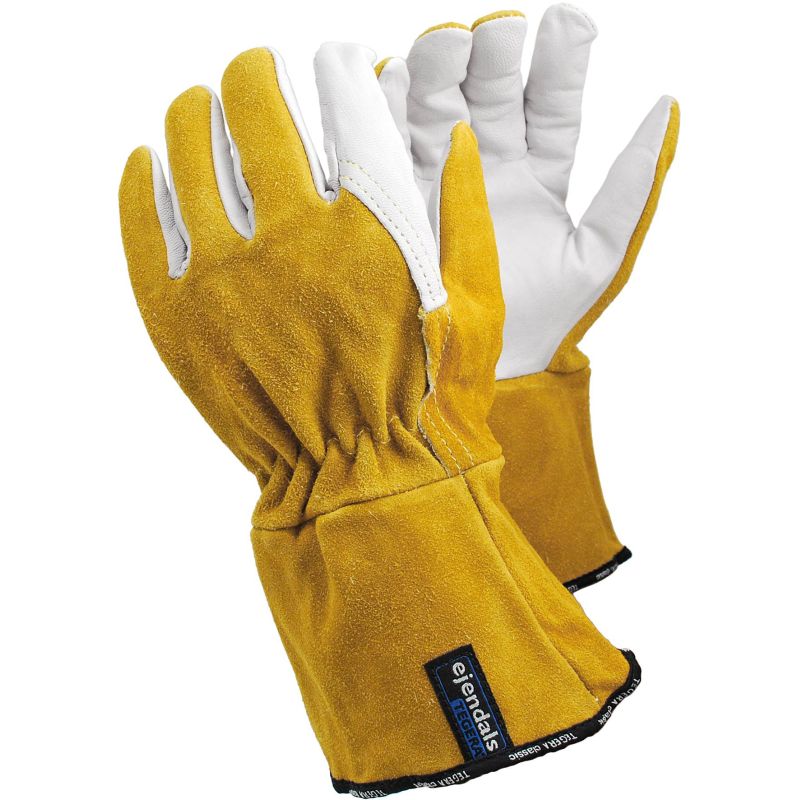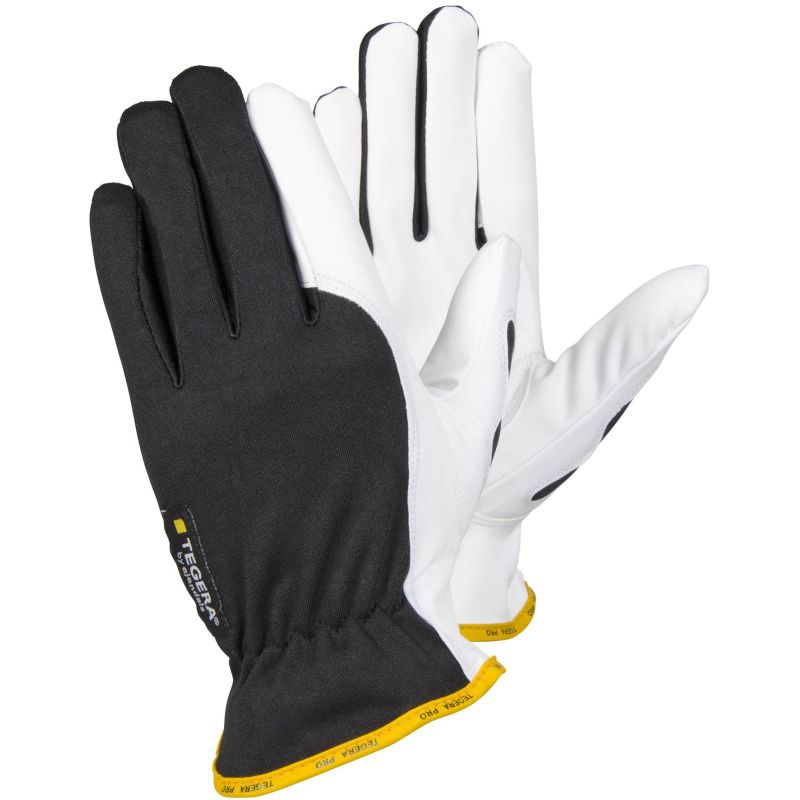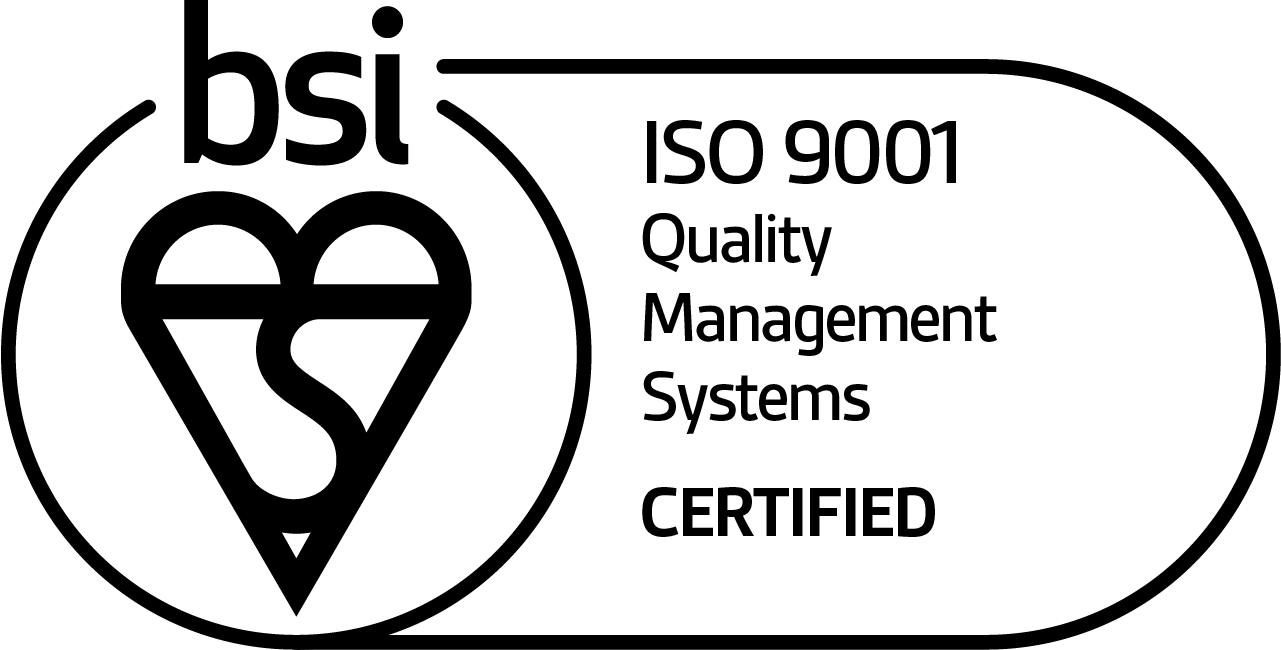| Comprehensive Protection with the Ejendals Range13 January 2017 Ejendals has become a byword for quality and reliability in gloves manufacturing. Based in Sweden, they have been a market leader for a number of years in the Nordic region. It's only in recent years that they've expanded into new markets within Europe, including the UK, and so they are somewhat less well known. If you're new to the Ejendals range, the following guide should serve as a helpful introduction. Company HistoryEjendals has been producing work gloves for well over a half-century. They were founded in 1949 by Valfrid Ejendal in Leksand, Sweden. Their product line originally included work gloves that were manufactured locally for regional mills and industries. Ejendals owns its own factory in Finland and maintains long-standing cooperations with selected factories across the world. Ejendals is still family-owned and is now run by Valfrid's grandson, Marcus Ejendal. Gloves RangeSEjendals boasts a vast catalogue of gloves, with a plethora of specialisations and employing a number of proprietary technologies. All Round Work/General Handling GlovesEjendals offers a large number of medium to heavy weight gloves designed for general handling tasks in industries such as construction, carpentry, tiling and metalwork. These can be further divided into leather and synthetic gloves. The leather gloves are composed of cowhide, goatskin, pigskin or oxhide – each having its own specific properties and advantages. The synthetic gloves employ the proprietary synthetic materials Microthan and Macrothan, as well as a few derivatives. Again, these materials have specific properties: Microthan is known for its superb grip, whilst Macrothan is comfortable and breathable – perfect for long shifts. Precision Work/Fine Assembly GlovesAt the other end of the spectrum are gloves for fine handling tasks in settings such as the automotive industry, utilities or assembly line work. Manufactured to the highest standard, these precision work gloves offer full freedom of movement for the fingers whilst still providing high levels of protection. Most precision work gloves will have very good fingertip sensitivity which helps ensure easy handling and a responsive feel.
A classic Ejendals design with a reinforced index finger and fingertips, the 119 Gloves are a no-nonsense pair of gloves offering the high levels of quality and reliability that have come to be associated with the company. Dipped/Oil Resistant GlovesThe process of dipping imbues gloves with water and/or oil resistant properties. This makes them suitable for use in wet environments and oily environments such as the fishing industry. Dipped gloves are also suitable for petrochemical applications such as within the oil, gas and mining industries amongst others. Some Ejendals oil-resistant gloves also feature special grip patterns to aid handling in slippery environments.
Featuring an anatomical design, the 737 Gloves have a soft feel and a sleek appearance. They are flexible, durable and comfortable to wear gloves which have excellent levels of grip. Cut Resistant GlovesOne of the greatest focuses in research and development over recent years has been in the realm of cut-resistant gloves. Ejendals utilises some of the most advanced materials on the market, including Dyneema, Kevlar fibre and CRF (Cut Resistant Fibre) technology to produce gloves with Level 3, 4 and 5 cut resistance according to EN388 standards. With a pair of Ejendals cut-resistant gloves, you can have complete peace of mind in cut risk environments.
This makes them suitable for high-risk applications including sheet metal handling, carpentry work and glass handling. Chemical Resistant/Disposable GlovesEjendals' chemical-resistant gloves come in reusable and disposable versions. Reusable gloves can be made from nitrile, latex, PVC or other materials and are tested for resistance against different chemicals according to EN374-3 Standards – please see individual listings or contact our team for details. Disposable gloves are made of thinner materials and provide lower levels of protection, but are better suited to some environments. Some disposable gloves are also non-chemical-resistant – they are usually inexpensive and suited to intense but non-chemically hazardous environments such as restaurant kitchens.
These gloves are suited to chemical and chemical technology applications including primary chemical processing as well as decontamination and sanitation work. Thermal GlovesThermal gloves come in two categories: heat-resistant gloves and cold-resistant gloves. These are designed to protect you from burns and frostbite respectively – two of the most severe and debilitating traumas your hands can ever be exposed to. Heat-resistant gloves are suitable for applications such as welding and the hot work involved in metal fabrication. Cold-resistant gloves feature insulation which makes them suited to work in winter conditions – even when temperatures fall dramatically.
The 118A Gloves are versatile gloves and are suited to a number of applications outside welding, including engineering, metalwork and mining. ESD GlovesESD gloves protect against electrostatic discharge. Static electricity builds up in the body and can cause serious harm to people and equipment unless it is diverted. Ejendals' ESD gloves are lightweight and supple, and are designed mainly for use in electrical installation and electronics.
Their ergonomic design is comfortable to wear and they are suited to a variety of uses outside electronics work, including inspection work and machine operation. |
